The director Victor Fleming was what used to be called a man’s man, back when such people existed in Hollywood. A hunter and a fisherman, he loved flying planes, skippering boats and tearing around on motorcycles. Dashing and handsome, outwardly gruff but unabashedly sentimental, too, he was known for exceptional gallantry towards the many women who fell for him and became his lovers, including Clara Bow and Ingrid Bergman.
He wasn’t, however, “a man’s director”, as some have argued. He had great rapport with Douglas Fairbanks and Clark Gable and Spencer Tracy, who liked to think of themselves as regular guys, too, but he guided Bow and Judy Garland and Vivian Leigh through some of the best performances by female actors ever recorded on film.
He made first-rate films in many different genres, which has affected his reputation as an auteur, but he was much more than a journeyman. In 1939, he pulled off what may be the most impressive feat of any director in history, “saving” over the course of that one year two of the best movies ever made, both of which were productions in serious trouble when he arrived to take them in hand — The Wizard Of Oz and Gone With the Wind.
Both were unusually collaborative projects, “created” by vast numbers of brilliant people who concocted the ingredients that made their magic possible — but it’s hard to imagine any other director who could have organized those ingredients as Fleming did, infused them with the momentum, complexity and feeling that make them great.
Fleming did it by his combination of strength, sensitivity and mastery of his craft. He brought out the child in Garland, who was anything but a child when she ventured into Oz. He brought out the larger-than-life vulgarity in Leigh, who wanted to play Scarlett as a grand and great lady, a creature of the drawing room rather than the center of a sprawling epic. He got Clark Gable to cry, in violation of Gable’s strongest instincts about how his star persona had to behave on screen.
Fleming imbued both those films with humanity and emotion without any cheap appeals to the heartstrings. He gave them pace and nuance. He made them classics, which play as well today as they ever did.
Michael Sragow’s wonderful new biography of Fleming gives the director his due without romanticizing the man or making greater claims for his artistry than his work can sustain, great as though claims may be.
Almost everyone agrees that The Wizard Of Oz and Gone With the Wind rank among the greatest glories of the Hollywood studio system. Hardly anyone thinks of their director as a major artist. Sragow’s book tries to resolve that paradox.
Ironically, it’s a paradox that probably wouldn’t have bothered Fleming. Being known as a fine and reliable director of commercial fare, having a reputation as a singular artist, were only important to him as levers he could use to get his way as a filmmaker, among the studio brass and on the set, where it mattered. Otherwise, he did his work, then went home and lived his life.
He just happened to do some of the best work ever done in the history of cinema.

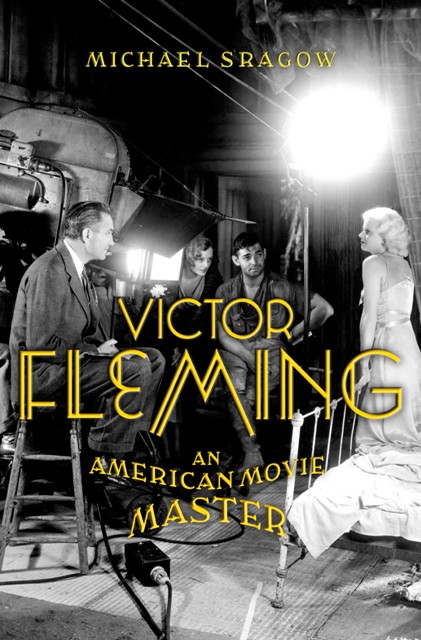
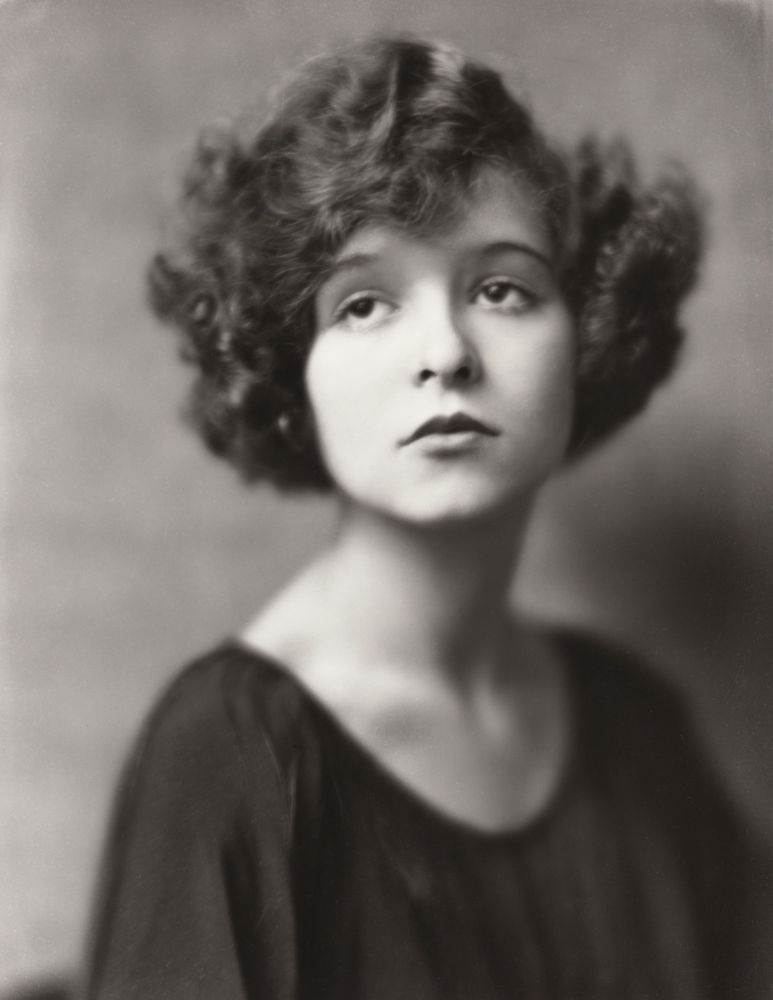
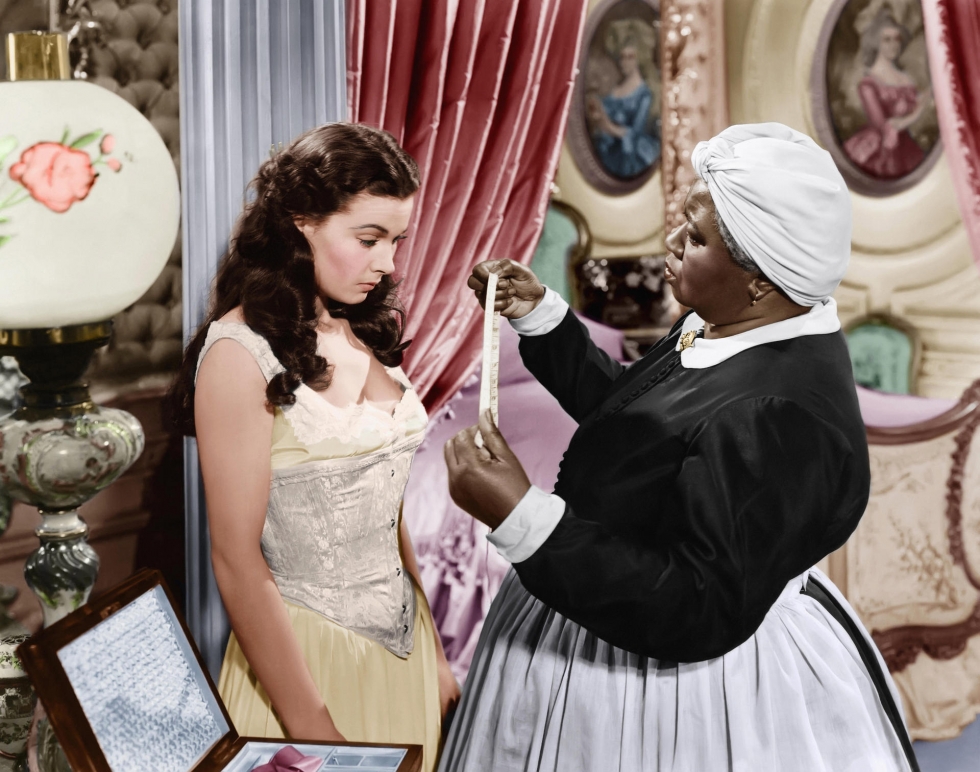
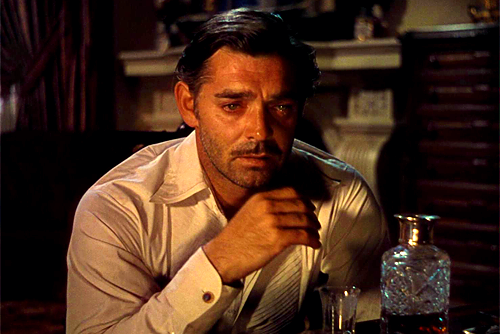
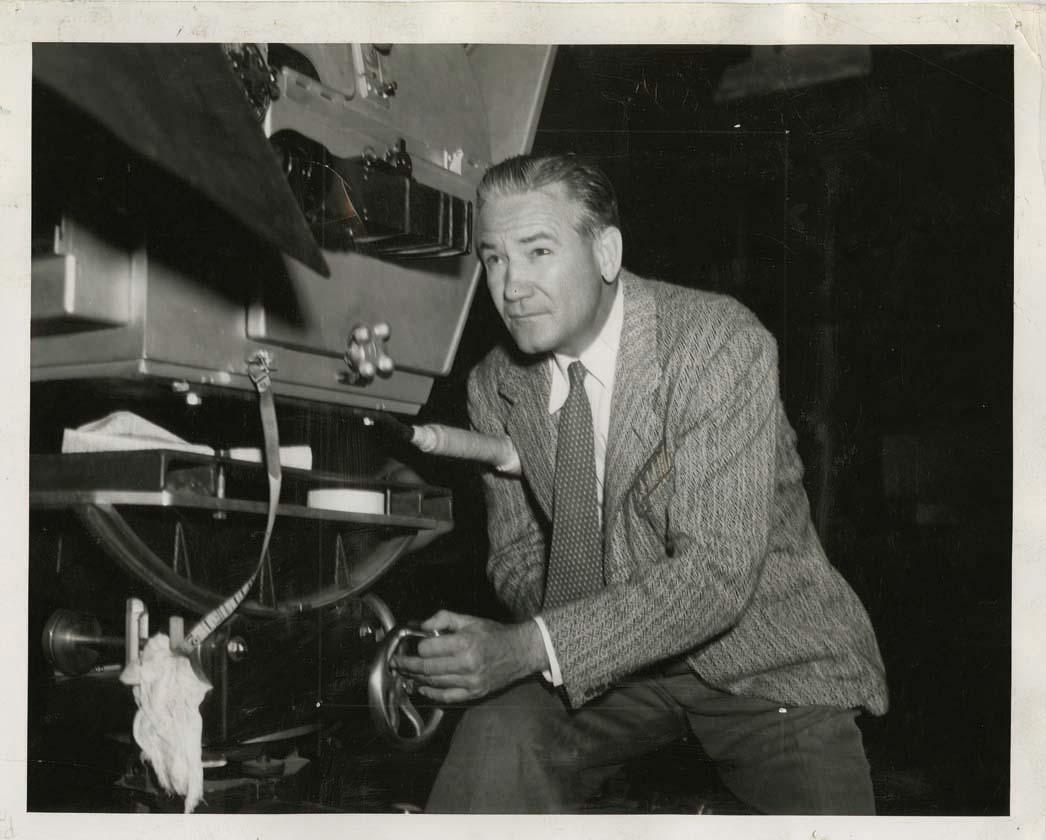
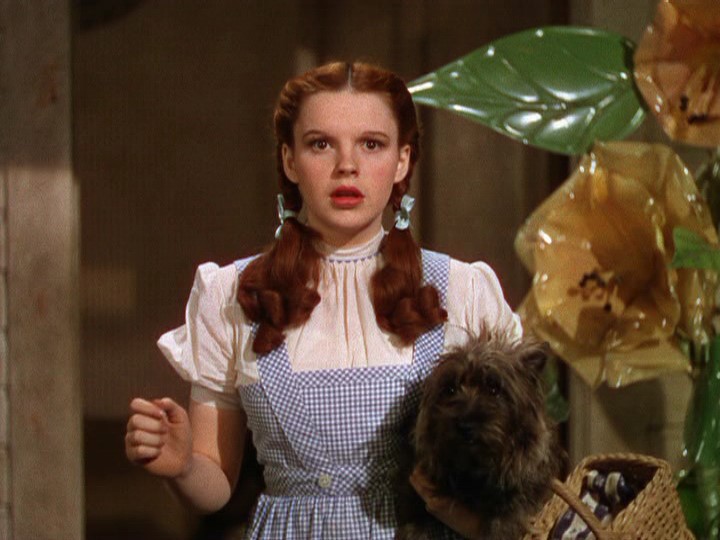
Footnote: I recommend re-listening to Garland singing “Over the Rainbow”: What a voice!
One of the greatest vocalists of all time. Interesting, though, that the best versions of her movies songs were the ones she recorded on the MGM stages for playback in the films themselves. The versions she re-recorded at the Decca studios for commercial release were never as powerful or profound. She was an actor who sang rather than a singer who acted.